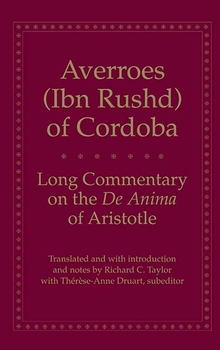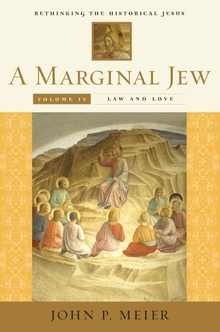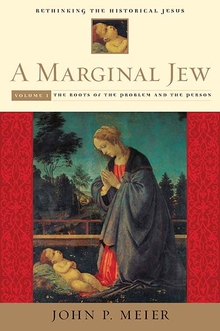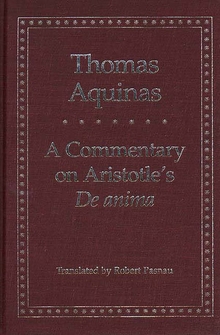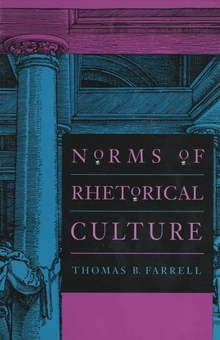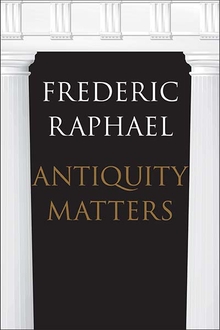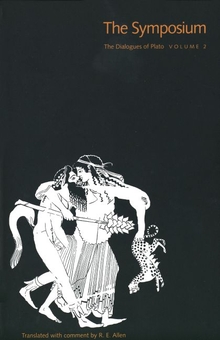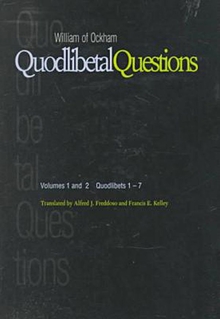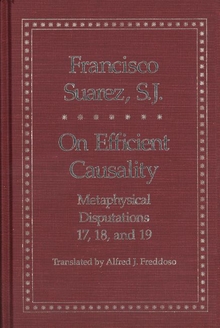Long Commentary on the De Anima of Aristotle
WARNING
You are viewing an older version of the Yalebooks website. Please visit out new website with more updated information and a better user experience: https://www.yalebooks.com
Averroes (Ibn Rushd) of Cordoba; Translated with Introduction and Notes by Richard C. Taylor; with Thérèse-Anne Druart, Subeditor
Born in 1126 to a family of Maliki legal scholars, Ibn Rushd, known as Averroes, enjoyed a long career in religious jurisprudence at Seville and Cordoba while at the same time advancing his philosophical studies of the works of Aristotle. This translation of Averroes’ Long Commentary on Aristotle’s De Anima brings to English-language readers the complete text of this influential work of medieval philosophy. Richard C. Taylor provides rich notes on the Long Commentary and a generous introduction that discusses Averroes’ most mature reflections on Aristotle’s teachings as well as Averroes' comprehensive philosophical views on soul and intellect. It is only in the Long Commentary that Averroes finally resolves to his satisfaction the much vexed issue of the nature of intellect, Taylor shows.
Averroes (Ibn Rushd) (1126–1198) was an Andalusian-Arab philosopher and physician and a master of metaphysics, Islamic law, mathematics, and medicine. Born in Cordoba, Spain, he died in Marrakesh. Richard C. Taylor is professor of philosophy, Marquette University.
Publication Date: April 15, 2011

